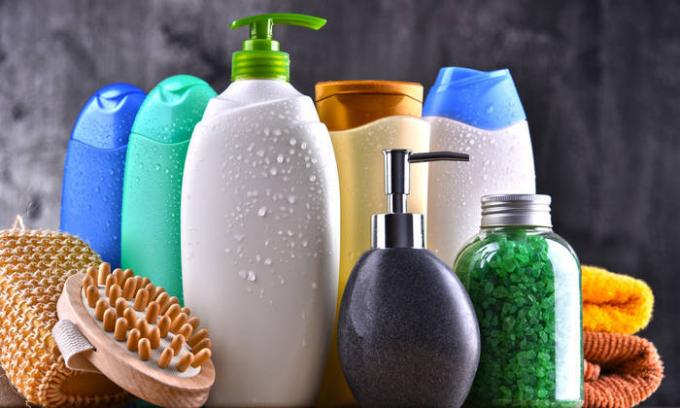Shower gel, soap, a decoction of chamomile? Tampon, pad or gauze to do monthly? How did properly care for the delicate area, whether it is possible to wear a thong, which will help in time to recognize that with the body that something is wrong?
The main rule of the intimate health - movement of the hand should always be directed from front to back. Vaginal flora is safe for the intestines, but the gut to the vagina - not. Of course, getting to completely restrict the intestinal flora is impossible. But you can minimize the risks.
By the way, the wearing of thong panties in this regard is not dangerous. So publicized the horrors of them are greatly exaggerated. If you do a few times a week, wearing a thong, the intestinal flora can not safely settle into the vagina.
How to wash?
Only need to wash the external genitalia. Wash the vagina can not be, even if it seems that there is a separation, which should be removed. There are women who make a lifetime vaginal soul. And harm themselves - washed out of the vagina huge colonies of Lactobacillus defenders and create conditions for the growth of pathogenic organisms.

Top 7 of intimate hygiene, which every woman should know / istockphoto.com
Hygiene in the menstrual days
Do not use tampons when poor spotting, as well as in ordinary days (when there is no menstruation). This contributes to a breach of the vaginal flora! Always choose tampons, appropriate intensity discharge (preferably one drop of less than more).
- During menstruation is safe to take a bath and go to the bath or sauna. Just remember that the intensity of bleeding after them may increase.
- Hygiene is safer to use a menstrual cup (silicone "cap" for the collection of secretions), in second place - the gasket (fragrance free!), At last - the swabs.
- To avoid smell, not to resort to perfumes. It is better to change pads more often and not get carried away by some foods (garlic, broccoli, cheese).
- Black clots at the beginning or end of the month - it is menses from the previous cycle that have not had time to get out of the uterus. This is normal, it is not necessary to worry.
- If you are going to do hair removal, it is worth remembering that it is the most painful for 3-4 days before and after menstruation, as well as during the actual menstruation. In the rest of the time the pain will be expressed not so much.
Norm or pathology
The average volume of discharge - about one teaspoon per day. But may be permitted individual variations. How to distinguish the "correct" selection from the "wrong", and under what symptoms should consult a doctor?
- The main characteristics of the "right": white, slimy, odorless or with a faint odor of sour milk. At regular release cycle vary depending on the phase of the cycle. After menstruation, they are white, liquid, and they are few. Toward the middle of a cycle similar to egg white, after ovulation - dairy, and closer to the month may appear small lumps and tingling.
- By "wrong" secretions include: odor (fish, stale); change color (yellow, green, gray) and consistency (thick, cheesy, frothy, watery). The main satellite of bad discharge - itching, burning, pain when urinating and during sex, swelling, redness.

Top 7 of intimate hygiene, which every woman should know / istockphoto.com
Diseases in which change vaginal discharge:
- thrush - bright white cheesy discharge and itching.
- Bacterial vaginosis is accompanied by a gray-white discharge with the smell of rotten fish or meat.
- Aerobic vaginitis - yellowish thick with a sweet odor, itching.
- trichomoniasis - watery yellowish foamy discharge with an unpleasant odor + itching, pain when urinating and during sex.
Means for intimate hygiene
Ordinary soap or gel have an alkaline composition, and therefore they are not suitable for intimate areas - there are too delicate and sensitive skin. The fact that the vagina using lactic acid produced by lactobacilli for protection against various pathogens.
Alkali also neutralizes this effect. Therefore, for the care of the intimate area is better to use special tools with an acidic pH. To do this, there are gels, mousses, creams, wipes and deodorant. Components in their composition perfectly cleanse the skin and mucous membranes, as well neutralize harmful bacteria.
Also you will be interested to read this: how to restore the intimate muscles after childbirth

